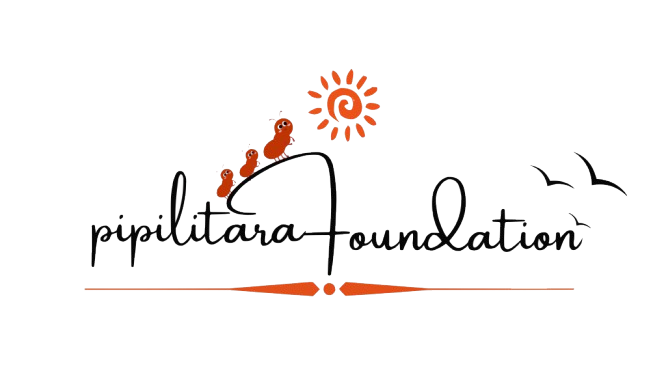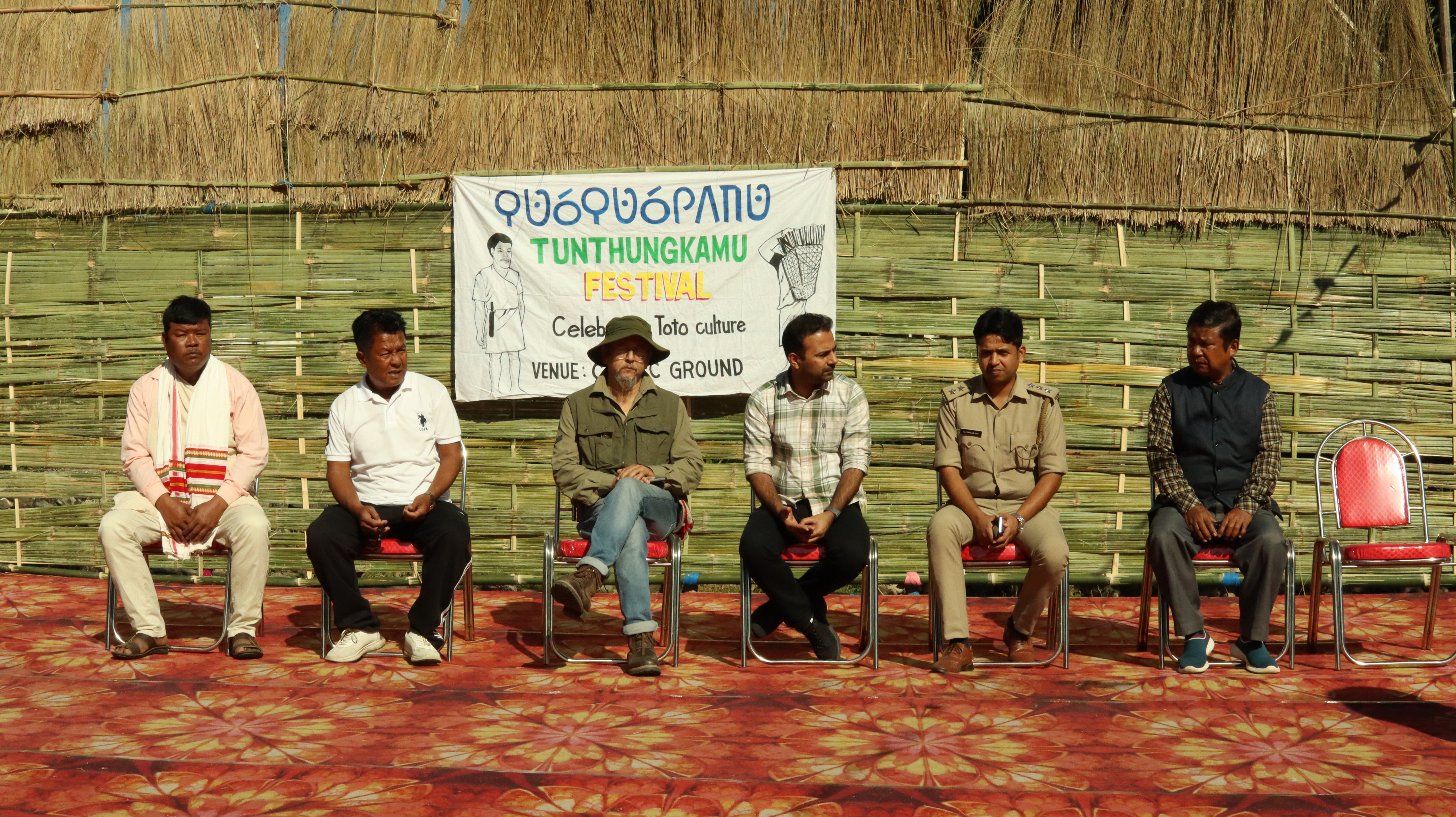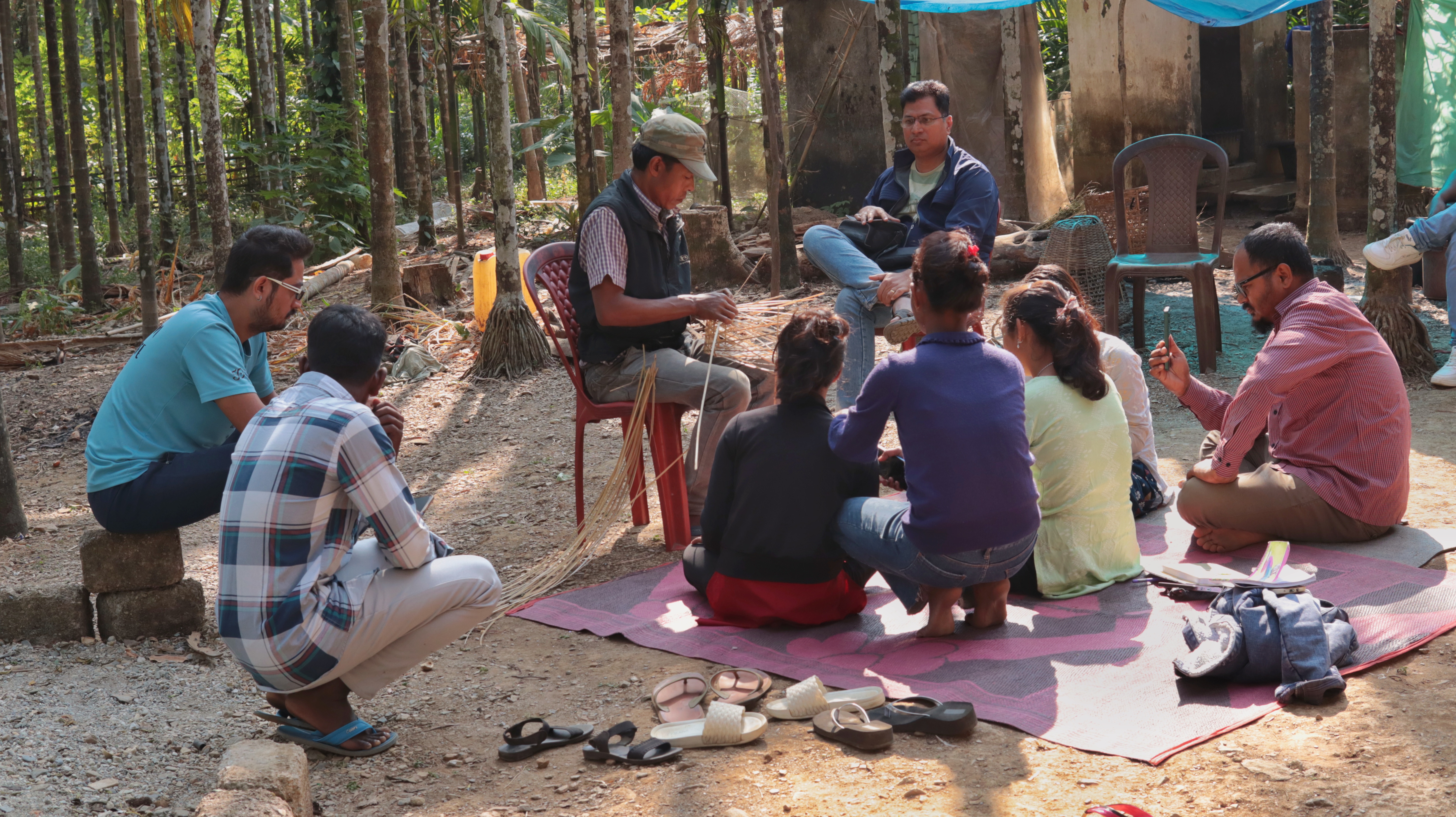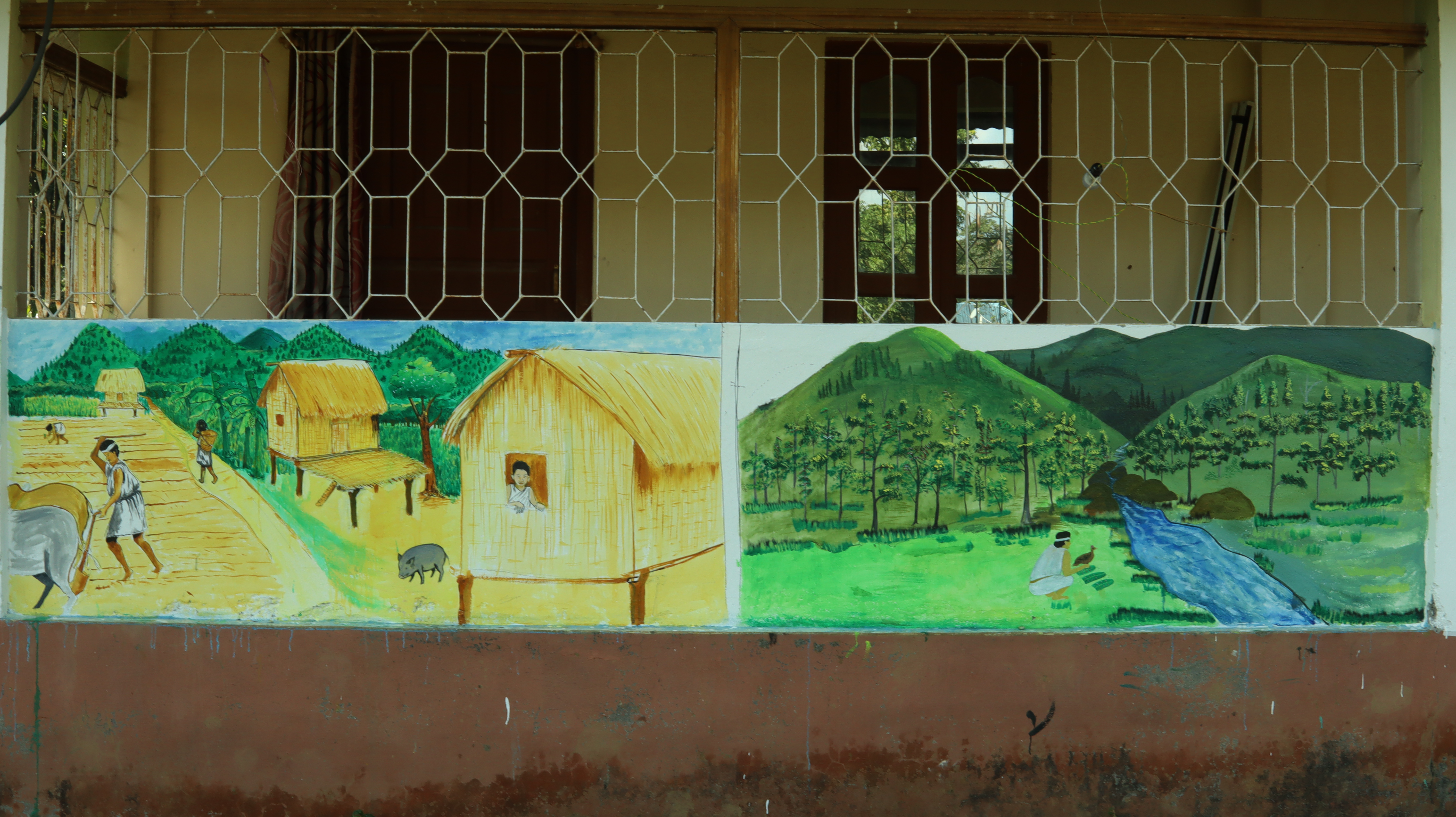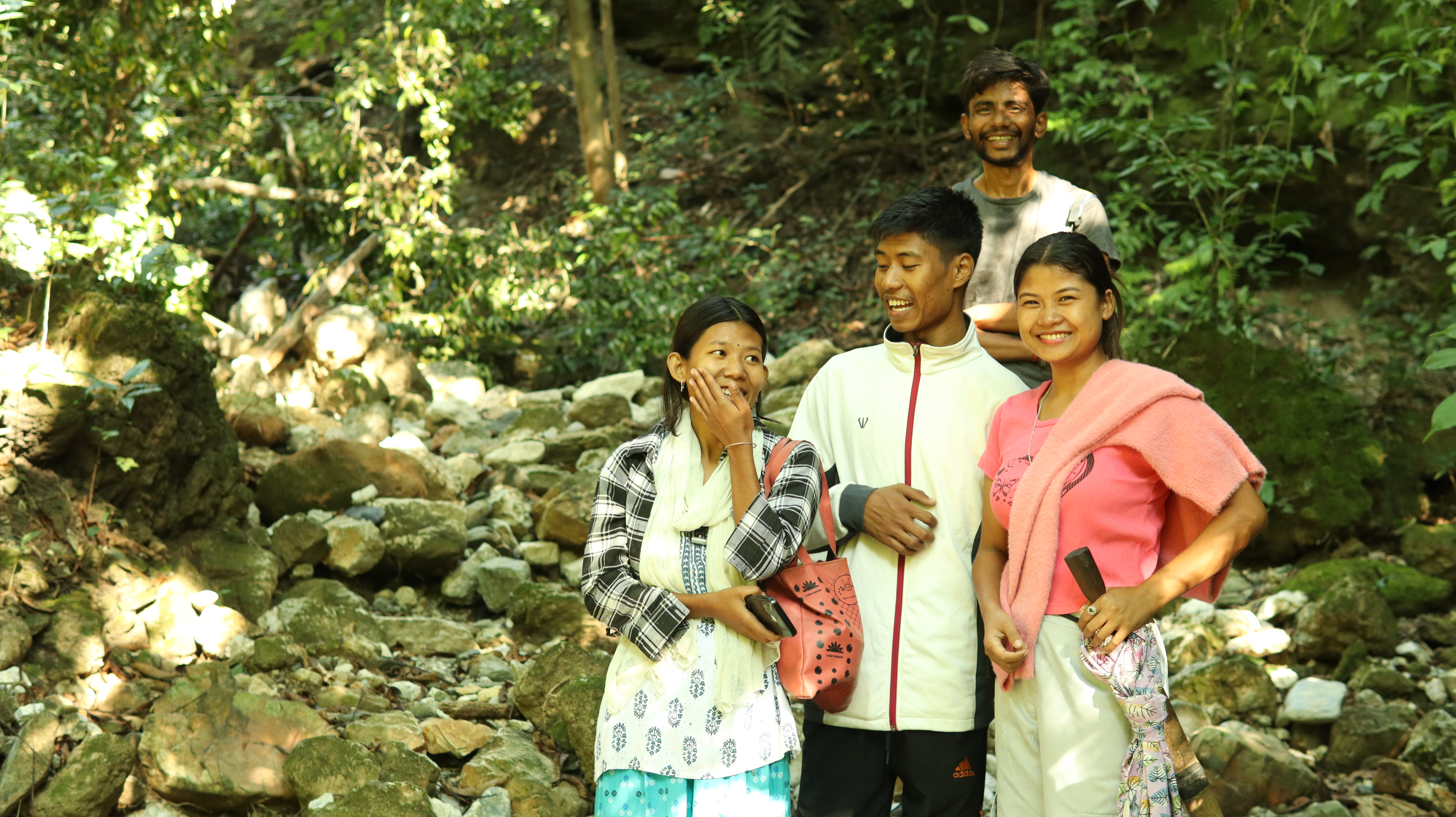Our Story
In early May 2021, as the COVID-19 second wave was raging throughout India, inspired by voluntary networks of SWAN, WeAreSaath & CoAST APU during the first wave of the pandemic, the alumni of Azim Premji University and other individuals & organisations from remote regions came together & initiated “Grassroot United”. The platform was initiated to save and support lives collaboratively and proactively by exchanging ideas and knowledge and mobilising resources. The work done by Grassroot United got featured in the University’s alumni portal as well as widely shared with people as part of the alumni webinar series.
This journey has been a catalyst for understanding grassroots development initiatives and unsung stories across remote India, led by various individuals, organisations & communities. Inspired by their passion, commitment, and stories of collective impact, we leaped creating a more collaborative, structured, and systematic approach. This culminated in the establishing of the Pipilitara Foundation, a registered non-government organisation (NGO), on June 29, 2022., 80G 12A certified.
Vision & Mission
Pipilitara envisions equitable & sustainable development of individuals & larger communities in harmony with one another & with the cosmos. It aims to achieve this by rejuvenating existing ecosystems through collective contribution by nurturing the capabilities and leadership of last-mile individuals, communities, & organisations towards bringing systemic transformation.
Objectives
- To innovate and revolutionise programs and initiatives in the areas of learning and education, health and hygiene, food and water, livelihood, and environment and ecology.
- To develop 21st-century skills, life and Socio-Emotional and ethical learning skills (SEEL), scientific temper, constitutional values, and incorporating technology in a human-centred way for social good.
- To support sustainable development by providing accessible services and building a collaborative network of grassroots, private, government, and semi-government organisations.
- To strengthen language and cultural identities by embracing diversity and inculcating values of inclusion through renewal and innovation.
Area of Intervention
Our current focus is to bridge quality education (SDG 4) with the values of community, learning, and leadership in remote, marginalised regions. Our approach is deeply rooted in local ownership, where we first begin with pilot interventions based on their current needs and then co-create Community Learning Centres—only when the community expresses readiness and willingness. We believe lasting impact requires partnerships for the goals (SDG 17)—local, national, and global. These alliances help us address the evolving educational and developmental needs of both children and the broader community.
